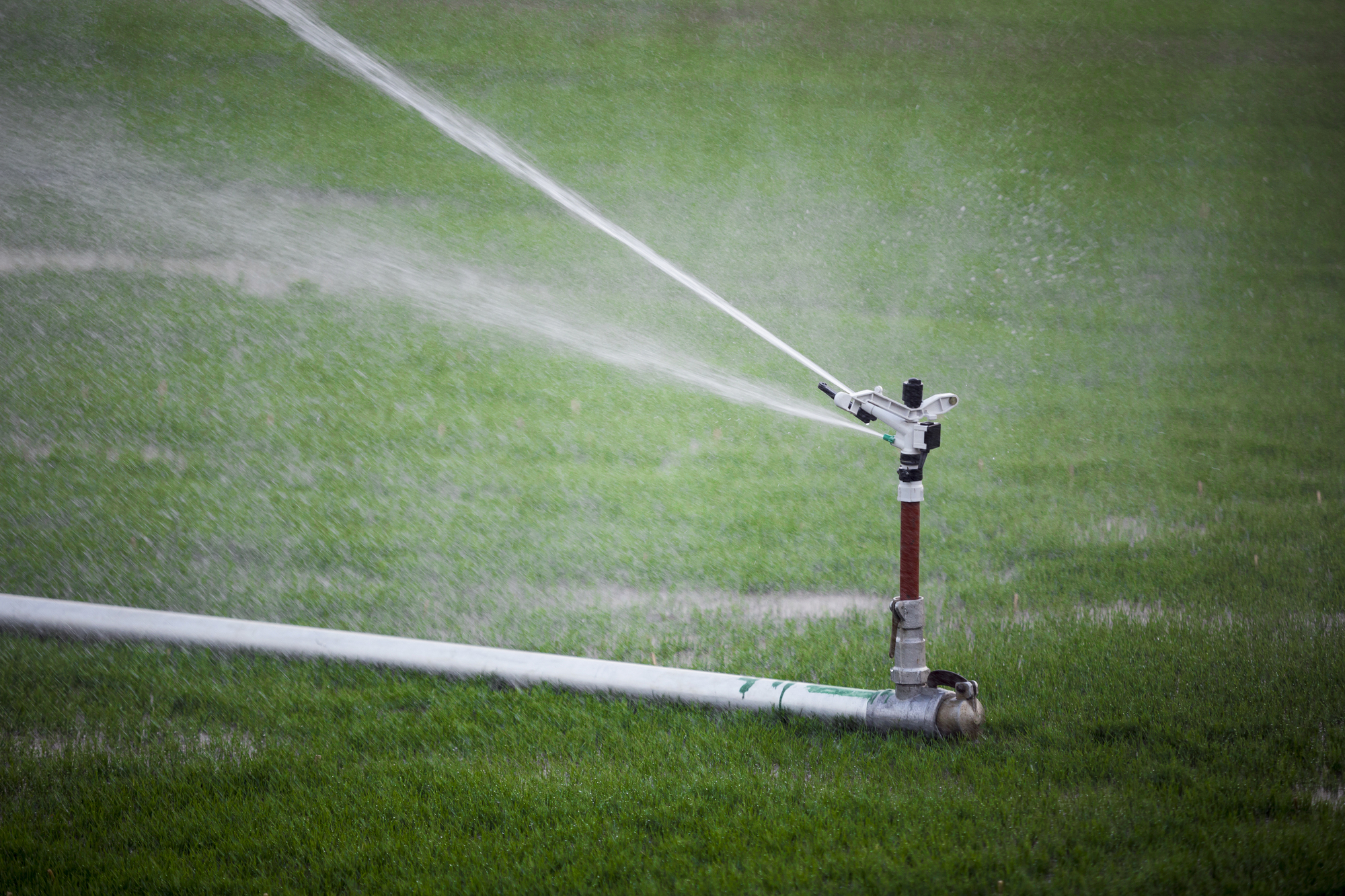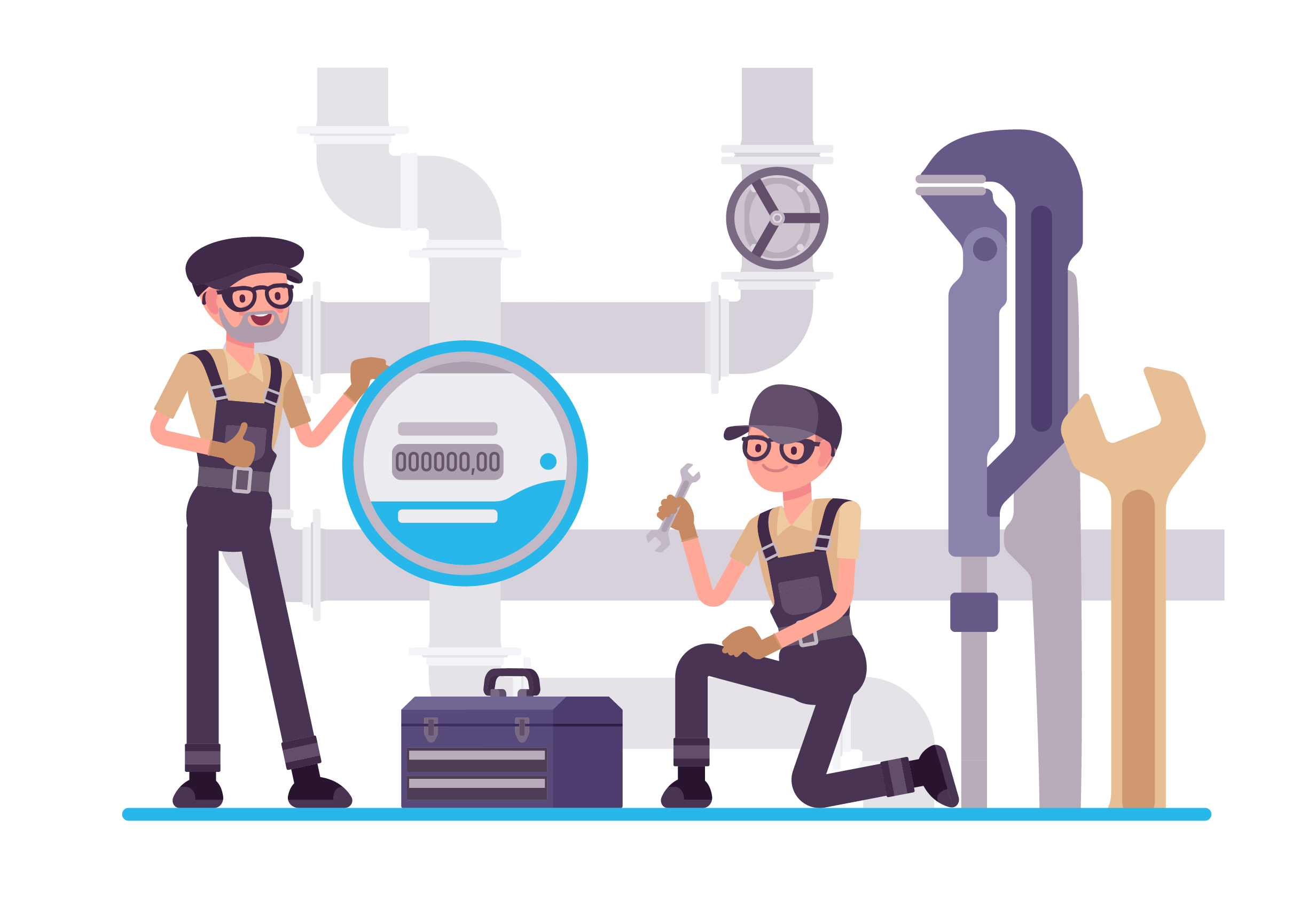Rain water harvesting: A boon for optimising irrigation systems in housing societies

Until the colonisation of mars becomes a living reality, we can agree upon the fact that there is no planet “B” and water scarcity is one of the major reasons behind humans being on the brink of a 6th mass extinction. A report published by the World Water Council states that “There is a water crisis today. But the crisis is not about having too little water to satisfy our needs. It is a crisis of managing water so badly that billions of people – and the environment – suffer badly”.
Poor water management has been a major problem in India and with the advent of climate change, it is only getting worse. However, the good news is that a majority of this crisis can be easily managed by incorporating some basic changes in water systems where the consumption and wastage is relatively high. Apart from agricultural and industrial practises, domestic use is one of the main areas where such changes can be easily implemented by individual homeowners and real estate developers.
Domestic RWH (Rain water harvesting) is one such age-old technique (practised for more than 4000 years) that gained popularity as a renewable + sustainable alternative to water supply in not just the rural, but urban settlements as well where it serves as an excellent backup for domestic water supply. Let’s look at its importance in today’s world and how it can be a conducive catalyst to an optimised irrigation system for housing societies.
What is Rain water harvesting?
Simply put, RWH (Rain Water Harvesting) is the process of collecting & storing rainwater for future use. Though in rural areas it is suitable for potable water purposes, For city dwellers, harvested rainwater is mainly used for non-potable (not for drinking) purposes such as general building and house cleaning, to extinguish fires, vehicle washing, society irrigation (with the help of garden water sprinklers) and so on.
How rainwater harvesting methods can amplify optimised irrigation systems in societies
In comparison to polluted water from lakes/rivers, rainwater is proved to be relatively clean for activities that do not require potable (drinkable) water such as flushing toilets, cleaning cars, water used for building maintenance, washing clothes and so on. Irrigation of gardens and green space in societies is one such activity that can be done using rainwater.
At Planet Smart City, we have developed smart technologies that optimise the irrigation of society gardens and green spaces. These systems use sensors and online information to automatically regulate the amount of water utilised depending on real-time weather and soil moisture conditions. These systems can be designed to draw water from rainwater harvesting tanks which together reduce water usage by more than 50%.
Why is it needed? (The necessity of water management in urban areas)
Despite having 16 percent of the world’s population, India has only four percent of the world’s freshwater resources. Apart from the over-reliance on groundwater and unsustainable consumption, there are a number of other factors that will worsen the current water shortage such as global warming, climatic changes, population growth, and industrialization. A Composite Water Management report published by NITI Ayog (national institute for transforming India) goes on to say that ‘by 2030, the country’s water demand is projected to be twice the available supply, implying severe water scarcity for hundreds and millions of people and an eventual 6% loss in the country’s GDP.’
Considering these factors, it is crucial that we act responsibly and take all the possible steps that we can in our daily lives to combat the situation for the benefit of our future generations. For individual house owners, one such effort could be to either install optimised irrigation systems in their villas/bungalows and for the ones planning to buy a house in an apartment or gated community, a wise decision would be to consciously look out for societies which have adopted such systems that promote sustainable living.


